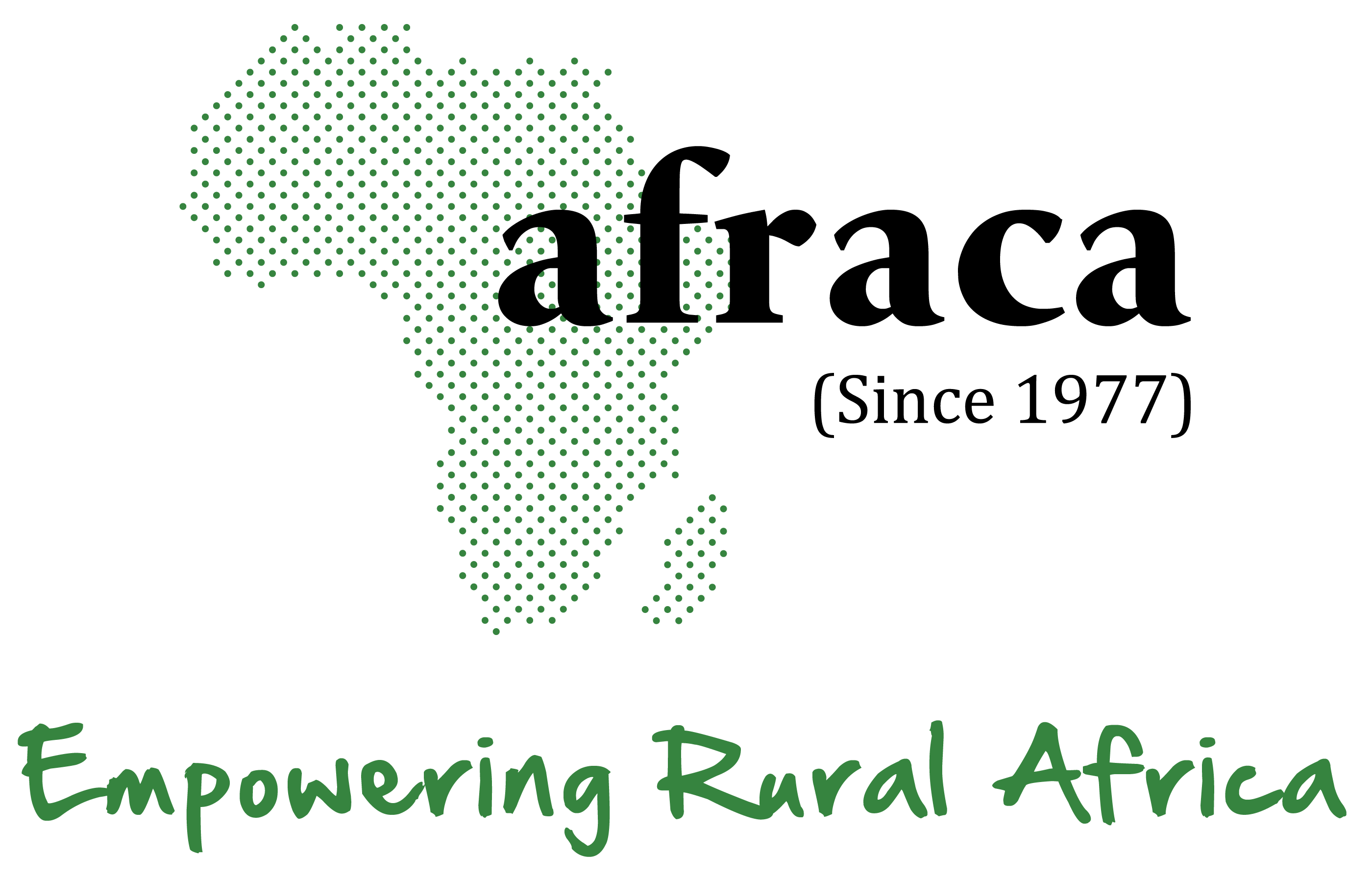Locally led multi-stakeholder networks, such as the Africa Rural and Agricultural Credit Association (AFRACA), play a critical role in strengthening business ecosystems by bringing their members together to address complex systemic challenges. They have the potential to deliver significant impact by aligning key actors who are committed to strengthening financial systems and resources, and increasing the income generating opportunities needed to improve the lives of people living in extreme poverty in rural sub-Saharan Africa. This case study provides an insight into the way in which AFRACA have applied a network approach to deepen member engagement and accelerate their potential impact.
AFRACA is a pan-African network promoting rural and agricultural finance through advocacy and policy change. Its members include 19 central banks, 17 agricultural and development banks, 20 commercial banks, 8 microfinance networks and 55 micro-finance institutions. The AFRACA Secretariat, working from the Kenya School for Monetary Studies in Nairobi, facilitates the network under the supervision of the AFRACA Board.
The challenges that members face in improving the rural finance environment to provide sustainable, high quality financial services to the bottom of the pyramid communities across different countries and cultures are complex. The Secretary General and his team are committed to deepening the unique contribution that AFRACA, as a convener of financial institutions across Africa, makes to providing access to finance in rural and agricultural communities. As a locally led network, with such a broad membership, AFRACA is strongly positioned to address the issues which need to be resolved if their mission is to be achieved.
In 2019-20, Creative Metier worked with six membership networks to explore their potential and to test the Converge network approach, adapting it to the local context in Kenya and Uganda. This case study documents the journey of AFRACA through the initial research phase and subsequent our work together.
The AFRACA Journey
When we first met AFRACA in January 2020 they were a pivotal point. Their knowledge and passion for change in the sector was immediately apparent but they were also facing challenges. The value proposition to members was not clear, members were finding it difficult to articulate the case for paying their membership fees when finances were constrained, and the team were burdened by uncertainty and stress about the future. We first sought to understand the AFRACA team’s ambition and current position, working together for two days in Nairobi introducing the network approach and exploring potential applications. The passionate commitment of the AFRACA team was evident from our first meeting and has continued throughout our working relationship.
The immediate impact was a mindset shift, from seeing AFRACA as a provider of services, to AFRACA as a convener of the AFRACA membership committed to a shared mission to broaden access to finance for underserved rural populations. With this fresh lens, understanding and meeting member needs, sharing knowledge and learning, the development of a member database to give members more visibility and increasing opportunities for study tours all emerged as priorities.
The AFRACA Secretariat realised that to achieve their mission they would need to bring in fresh perspectives, to better engage their current members as well as widen the dialogue beyond financial institutions to include agribusiness and farmer organisations, agricultural and financial technology companies (agtechs and fintechs), mobile network operators and telephone companies. Bringing in agribusinesses and farmer associations as end users of member services to regional conferences and meetings has generated new dialogue around the impact of financial sector practices. Bringing industry innovators into the conversation gives members the opportunity to hear about new ideas, and to identify potential collaborations and partnerships.
The AFRACA team then asked us to work with them to plan the convening of their East Africa Sub-Region Meeting. Then the Covid-19 pandemic struck.
‘From hindsight, the support from Small Foundation through Creative Metier, was as if AFRACA was being empowered to respond to Covid-19 and rethink its strategy of engaging its members in an impactful way’ Thomas Essel, Secretary General, AFRACA
A rapid redesign of the meeting, taking it into a virtual environment and to ensure member participation prior to and during the event resulted in:
- 41 participants attending (expected attendance 15), high levels of engagement throughout the event and increased access for bank staff at all levels due to zero cost of travel
- Deepening understanding of member needs
- Immediate interest from other regions; by August AFRACA had run two day meetings for its West Africa, Central Africa and Southern Africa Regions
- Interest from other networks in replicating the approach, both within the regions and from a sister network finding it difficult to engage their membership during the period of the Covid-19 pandemic
- International linkages for members to increase access to investment for agri-businesses in Nigeria
- Requests from members seeking to set up national AFRACA chapters
“What we had in mind as a work plan has been made obsolete because of the feedback we are getting; it has changed the whole mind-set of how we are thinking of our work plan; we may want to convene more virtual meetings to hear what members want ….. “ John Amimo, Head of Programmes, AFRACA
Creative Metier then supported AFRACA in the development of the AFRACA Strategic Plan 2020 – 2024, incorporating a network approach to member engagement. This was ratified by the Board in February 2021 at the AFRACA General Assembly. AFRACA members and AFRACA team commented on the success of the collaboration to design the virtual General Assembly, with more than 100 participants attending over the two days:
“The quality of our convenings seem to have improved considerably, going by the feedback we received. Initially … the language barrier was seen as a challenge which influenced the design of our convenings ….. Going by the Technical Session during the General Assembly, this did not seem like a challenge and contributions from each group was rich and well-balanced.” John Amimo, Head of Programmes, AFRACA
Member comments:
“We are appreciative of the open-mindedness that characterized our various working sessions ……. enriching and fruitful discussions …. during the technical sessions to review and conclude every agenda item with further insight and assurance”
“Extremely successful, one of the best AFRACA General Assemblies I have attended so far. Well convened sessions”
“Our relationship though as old as AFRACA itself, will go on strengthening. Therefore, be reassured of our unfailing support over the years to come.”
Work on the development of an impact measurement and management framework (IMM), in collaboration with Small Foundation, is enabling AFRACA to demonstrate the impact of their work and of the network approach.
“Our Strategic Plan was hailed by members as a forward-looking document that will take AFRACA to the next level. The IMM component of the plan seem to be one of the most appreciated areas due to a high number of members demonstrated their interest to volunteer as part of the IMM task force.” John Amimo, Head of Programmes, AFRACA
Impact
The impact of this twelve month engagement was apparent from the outset and has further accelerated during our work together. Through AFRACA’s extensive work to reframe their strategy and double down on their engagement with AFRACA members, they demonstrated, and are continuing to demonstrate, both the reach and the potential for impact across the AFRACA membership, and the value of the network approach to help them to scale their impact and achieve their overall vision and mission.
This article has been published by Creative Metier, our partner whom we are working together on the implementation of the “Network Approach” with support from the Small Foundation.


